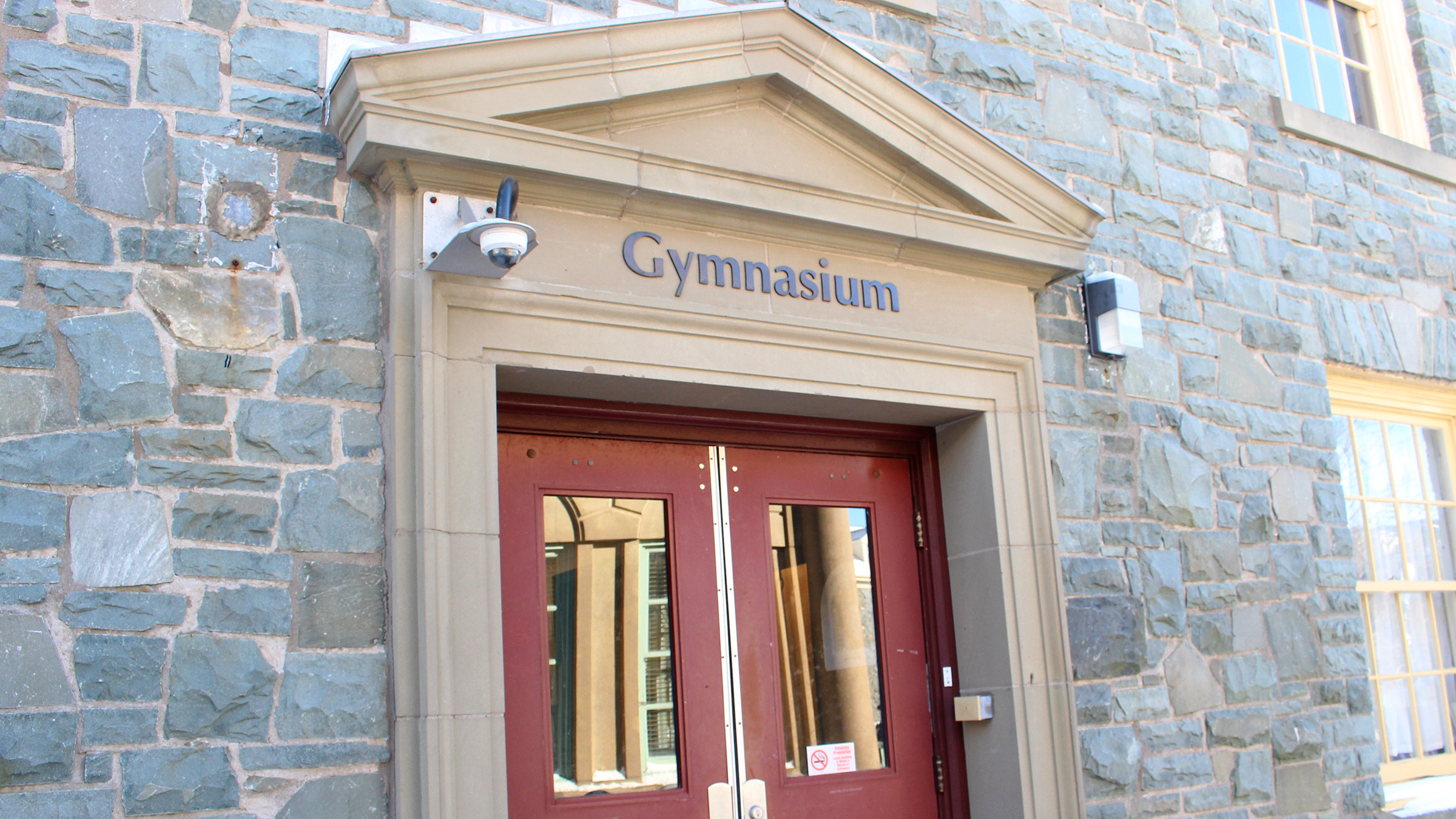Ottawa includes university housing in apartment loan program
Program adds $15 billion to pool for rental housing construction

caption
King's is looking to build a new residence building in place of their current gymnasium, but president Lahey says federal and provincial funds will be needed.The federal government is giving low-cost loans to help universities build more accommodations on campus.
At a press conference on Monday, Housing Minister Sean Fraser announced a change to the federal government’s Apartment Construction Loan Program, which previously excluded student housing from its list of eligible funding projects.
“When I talk to students, they tell me about the challenges they experience when they have to commute an hour to class. They tell me about the overcrowding they experience, particularly in some of our larger urban centres,” said Fraser.
The program aims to provide low-cost loans to builders and developers to add more housing in Canada. Starting in 2025-2026, Ottawa will add $15 billion to the funding pool, bringing its total to $40 billion.
The policy previously considered student housing ineligible for funding, but this will change under the policy’s new rules.
University of King’s College president Bill Lahey says student housing is an issue for students and staff alike at King’s.
“It interferes with our ability to recruit and retain students who would like to come to King’s.”
In Fraser’s constituency of Central Nova, the town of Antigonish’s population increases to 10,000 from 5,000 when Saint Francis Xavier University students return for the school year. He said the need for more student housing strains many university towns in the region.
“When students don’t have enough housing near campus, they have to go into the broader community to find a place to rent and that drives up the cost of living for everybody,” said Fraser in a video posted to X (formerly Twitter).
Lahey said students living on campus tend to perform better in school, another benefit to having extra residence buildings.
“They probably spend less time cooking food, less time going back and forth to their classes, from home to the university … all those reasons. And for some students, they probably have more companionship because they’re living in a communal space as opposed to, for example, having an apartment in a building that’s filled with people from the community, from other universities, so on and so forth.”
King’s plans to construct a new building in place of its old gymnasium, but needs direct funding from governments to do so. The building would include a new gym, journalism school and multiple floors of residence dorms.
“If we build the building that we want to build, there could be something like or close to 250 additional students who can live on campus,” says Lahey.
“We will definitely be considering how this program might help us build this new building. This change in federal policy is something that universities all across the country have been asking the federal government to do for some time, so it’s a very good thing,” he adds.
This news follows the federal government’s controversial decision to place a cap on the number of international student permits to be granted in 2024. The government plans to reduce the number of permits by 35 per cent in 2024, citing “pressure on housing, health care and other services.”
Universities will be able to apply for this funding in the fall.
About the author
Landon Morris
Landon Morris is a journalist from Cape Breton. He specializes in arts and entertainment with a focus on music journalism.
